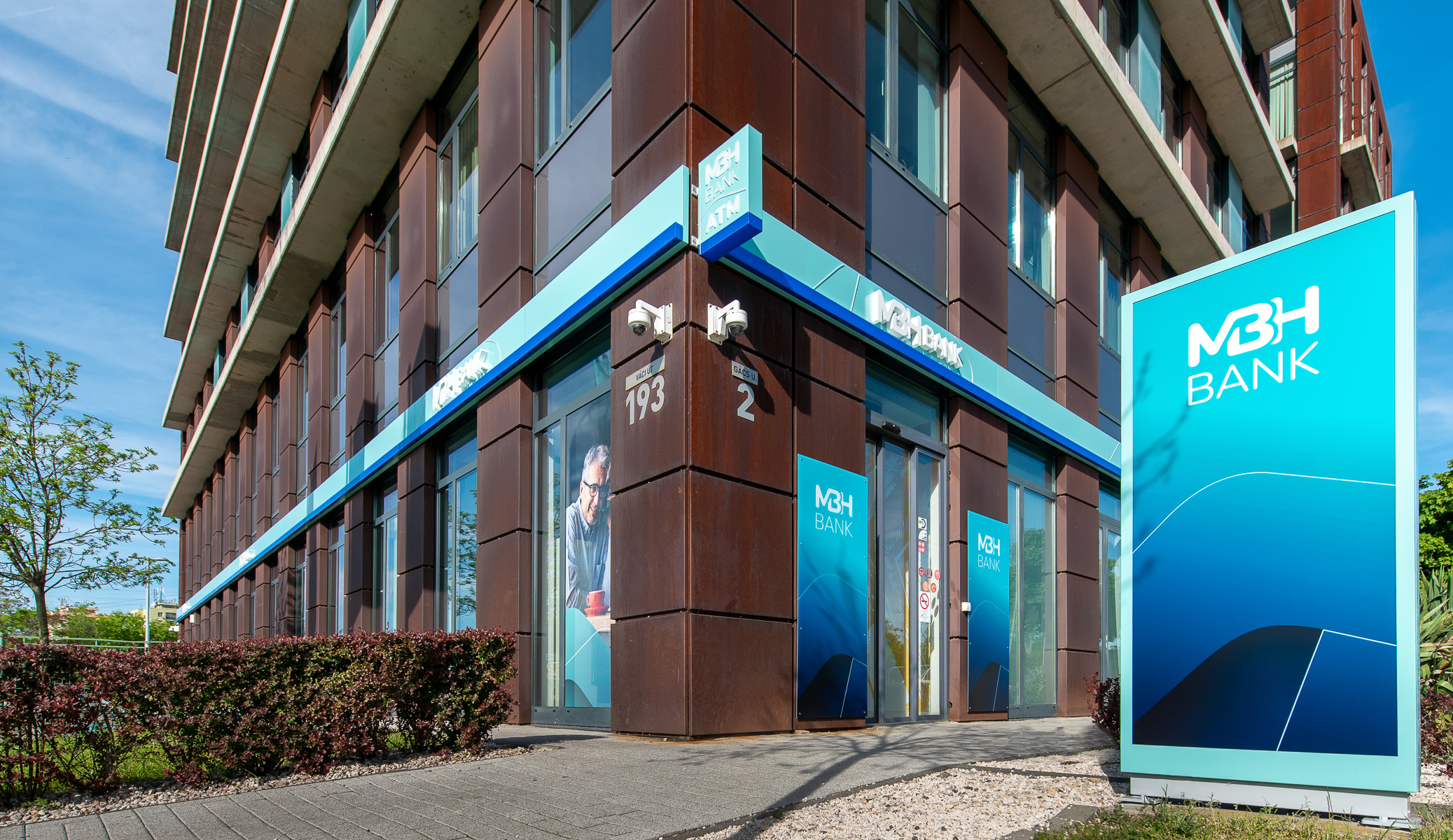EU conformity of telephone tax questionable, Mattheisen says

Magyar Telekom chairman-CEO Christopher Mattheisen on Thursday said a tax on telephone calls approved by the government would appear to be a corporate tax, rather than a consumption-based tax; and he raised the question of whether the tax would conform with European Union rules or whether it could be levied across the sector.
Speaking a day after the government approved the HUF 2-per-minute tax on telephone calls, and hours after Magyar Telekom published its Q1 earnings report, Mattheisen said the tax would hurt the country's competitiveness. He added that it was questionable whether the targeted HUF 52 billion in revenue from the tax for next year could be collected.
He stressed that it was still too early to draw conclusions about the tax, because it was unclear how it would affect business results. He added that the effect was not expected to be positive.
He said the physical implementation of the tax had raised many questions among all industry players.
He added that the new tax could be compared to the "crisis tax" on the sector which is to be phased out in 2013. Last year, Magyar Telekom paid HUF 24 billion on the crisis tax.
Answering a question, Mattheisen said the new tax would be a burden to both clients and service providers, and it would not support economic growth.
He said the company's management was satisfied with consolidated Q1 results and added that positive signs can be seen in Hungary too, such as the HUF 6 billion in revenue from energy resale services.
The recently launched services generated just HUF 700 million in the base period and HUF 4.5 billion for all of last year.
He attributed the 3% rise in revenue during the period to the increase in the number of retail subscribers, a fall in churn rate and increased customer loyalty as a result of the energy resale services. He added that about half of clients subscribe to either two or three of the company's services.
He explained that the 5.5% fall in EBITDA in Q1 was due in part to HUF 1.5 billion from the sale of real estate in the base period. Excluding the sale, EBITDA dropped just 3.3%, he added.
SUPPORT THE BUDAPEST BUSINESS JOURNAL
Producing journalism that is worthy of the name is a costly business. For 27 years, the publishers, editors and reporters of the Budapest Business Journal have striven to bring you business news that works, information that you can trust, that is factual, accurate and presented without fear or favor.
Newspaper organizations across the globe have struggled to find a business model that allows them to continue to excel, without compromising their ability to perform. Most recently, some have experimented with the idea of involving their most important stakeholders, their readers.
We would like to offer that same opportunity to our readers. We would like to invite you to help us deliver the quality business journalism you require. Hit our Support the BBJ button and you can choose the how much and how often you send us your contributions.








